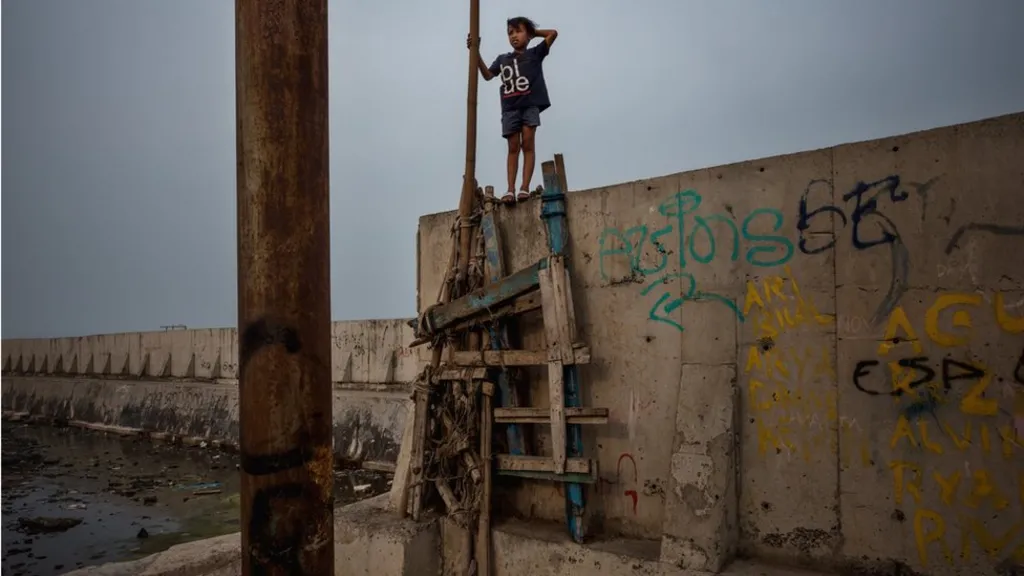By : Lloyd Mahachi
The world’s developed nations agreed in 2009 to provide $100 billion annually to poorer countries by 2020 to combat climate change. However, 15 years later, global temperatures have risen, and emissions have increased, necessitating trillions of dollars to address the issue. This funding gap has significant implications for developing countries, which are disproportionately affected by climate change.
Developing countries need financial support in three primary areas: loss and damage, mitigation, and adaptation. Loss and damage refers to helping countries recover from climate change effects, such as flooding, droughts, and rising sea levels. Mitigation involves transitioning from fossil fuels to clean energy, reducing greenhouse gas emissions, and promoting sustainable development. Adaptation focuses on preparing for future climate impacts, including building flood defenses, relocating populations, and developing climate-resilient infrastructure.
Despite initial promises, richer countries provided only $83.3 billion by the end of 2020, mostly from public funds. Analysis suggests the private sector could deliver 70% of future investments. However, this funding shortfall has severe consequences. Developing countries face significant costs, with estimated damages ranging from $290 billion to $580 billion by 2030.
At the UN Climate Summit COP29 in Baku, Azerbaijan, negotiations will center on establishing a new funding goal. Estimates range from $1.3 trillion to $6.9 trillion. However, developed nations have expressed concerns about meeting previous pledges due to economic issues. This hesitation has sparked worries among developing countries, which rely heavily on international support to address climate change.
The allocation of funds is also a contentious issue. Many advocate for direct grants instead of loans to avoid increasing debt burdens in poorer nations. Nafkote Dabi, Oxfam International Climate Policy lead, calls this “profoundly unfair,” emphasizing that rich countries should support countries facing worsening climate impacts.
The question of who will contribute is another point of discussion. Developed nations, including the UK, want China to contribute more, given its growing economy and carbon footprint. China, now the world’s largest emitter, has historically been classified as a developing country but has since become a significant economic power.
As COP29 approaches, developing countries are urging rich nations to take responsibility for their historical emissions and provide adequate funding. The African Group of Negotiators, representing 54 countries, has called for a “fair and ambitious” funding target. Similarly, the G77+China alliance of developing countries has emphasized the need for predictable and sustainable funding.
The outcome of COP29 will significantly impact global efforts to address climate change. Will rich nations step up and pledge sufficient funds to support developing countries in their fight against climate change? The answer will emerge at COP29, shaping the future of international cooperation on climate action.
The stakes are high, and the world watches with anticipation. Climate change affects everyone, but its impacts are felt disproportionately by vulnerable communities. COP29 presents an opportunity for rich nations to demonstrate their commitment to climate justice and support those most in need.
Editor : Josephine Mahachi

